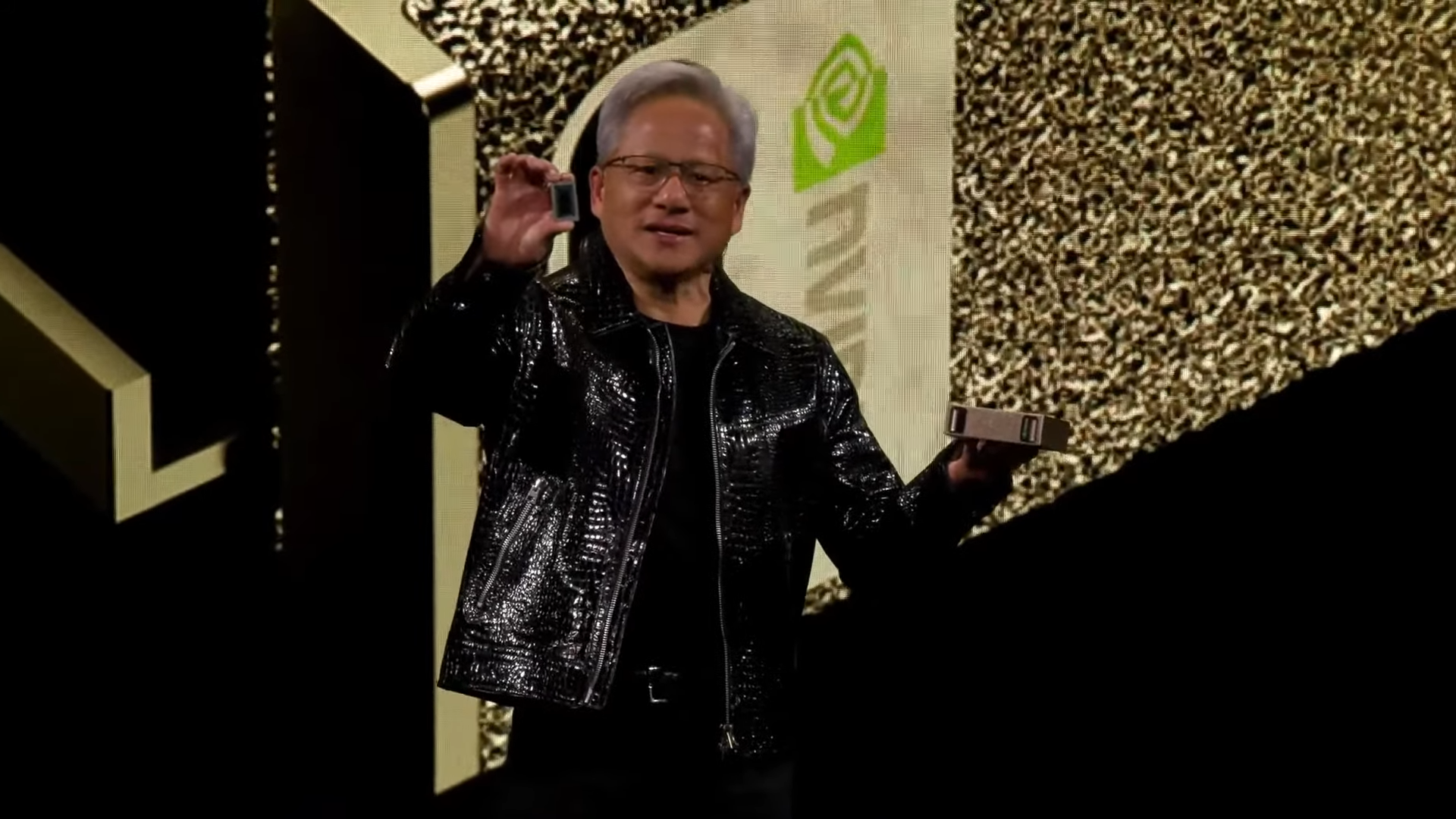Nvidia shifts AI production to US amid changing trade landscape

Nvidia has announced plans to manufacture AI supercomputers entirely within the United States for the first time.
The company revealed it has commissioned more than one million square feet of production space in Arizona and Texas with manufacturing partners including Foxconn in Houston and Wistron in Dallas. Production of the first chips from Nvidia's new Blackwell generation has already begun at TSMC's facilities in Phoenix, Arizona.
Over the next four years, Nvidia plans to invest up to $500 billion in US AI infrastructure. The company expects to ramp up production at the new facilities within 12 to 15 months.
The announcement comes directly after new US tariff threats targeting semiconductor products that rely on imports. According to insider reports, Nvidia CEO Jensen Huang attended a dinner with Trump at Mar-a-Lago in early April. Analysts view the timing as strategic: Nvidia recently received an exemption to export its H20 chip to China – a deal that media reports suggest was tied to promises of massive investment in US-based AI production.
Tech industry's "America First" trend
Nvidia isn't the only company adjusting to the economic policies of the Trump administration. Apple announced in February plans to invest $500 billion in the US and move parts of its AI server production to Houston. Microsoft plans to invest $80 billion in new data centers, with approximately half of that amount going to US facilities. Meanwhile, OpenAI is participating in the Stargate Project, which aims to build a $500 billion AI data center in the US in partnership with SoftBank and Oracle.
Trump's administration is increasingly pressuring companies to relocate production capacity to the United States. Trump reportedly threatened Taiwanese chip manufacturer TSMC with import tariffs of up to 100 percent unless the company builds additional US factories.
Unanswered questions and structural challenges
How much of the announced half-trillion dollars Nvidia will invest in specific infrastructure remains unclear. The company has not provided details about the planned production volume of AI chips and supercomputers.
Additionally, reshoring semiconductor production comes with significant structural challenges. An acute shortage of qualified specialists makes assembling complex chips in the US difficult. At the same time, geopolitical tensions with China threaten to disrupt the supply of essential raw materials.
AI News Without the Hype – Curated by Humans
As a THE DECODER subscriber, you get ad-free reading, our weekly AI newsletter, the exclusive "AI Radar" Frontier Report 6× per year, access to comments, and our complete archive.
Subscribe nowAI news without the hype
Curated by humans.
- Over 20 percent launch discount.
- Read without distractions – no Google ads.
- Access to comments and community discussions.
- Weekly AI newsletter.
- 6 times a year: “AI Radar” – deep dives on key AI topics.
- Up to 25 % off on KI Pro online events.
- Access to our full ten-year archive.
- Get the latest AI news from The Decoder.